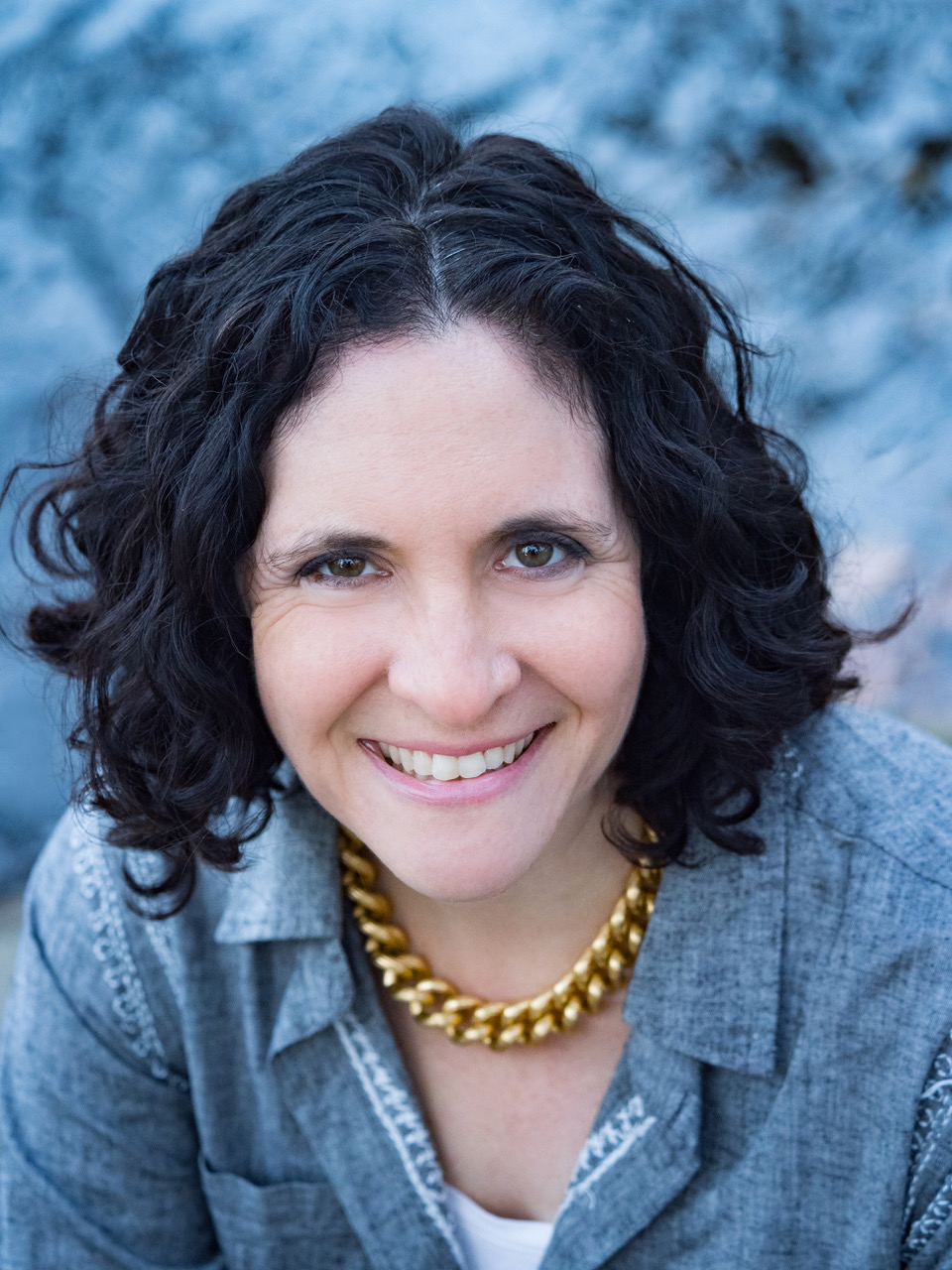Have you taken a deep breath lately? I mean really felt it—consciously inhaled and then exhaled, purposefully and powerfully. Admittedly, the last time I did this was to charge down to the basement to scream at my kids to shut off Nintendo Switch. And then I was winded.
May is Mental Health Month, and one of the best things we can do for our own mental health is also the simplest: breathing.
Holly Lebowitz Rossi is co-author, with Liz Owen, of “The Yoga Effect: A Proven Program for Depression and Anxiety.” Rossi—an Arlington mom of a third-grader who definitely understands how hard it is to make time to even do primal things—draws a close connection to breathing and Judaism.

“What scientists know about breathing is that it stimulates different sections of the brain, depending on what type of breath you take. Every time you breath in, no matter how much you’re concentrating on it, every inhale you ever make in your life stimulates the sympathetic nervous system. This is the flight-or-fight part of our brain and gets us ready to get up, go, do. Every time we exhale, our parasympathetic nervous system is activated, [sending] calming signals from the brain. So, every time we exhale, we do that,” Rossi says.
During COVID-19, we’re inhaling more. “We might not even be aware of how much we’re dwelling in that sympathetic, fight-or-flight state. Cumulatively, it builds up, and it makes everything harder,” she says.
The good news? We can change it through yogic breathing.
Rossi’s book is based on National Institutes of Health research funded by Boston University Medical School. Notably, studies showed that among people with major depressive disorder (MDD), those who did a 12-week yoga class (measured and tracked via questionnaire and MRI brain imaging) showed brain activity relating to GABA levels, a neurotransmitter implicated in mood.
“At the end of the yoga program, the participants with MDD had GABA levels the same as the non-depressed population. They achieved remission,” Rossi says.
Healthy yogic breath is deep and slow and mindful. Inhale on the count of two, exhale on the count of three. An easy way to remember it is by inhaling as though you’re smelling a flower and exhaling as if you’re blowing out birthday candles. “Ocean breath,” or ujjayi pranayama, is an even deeper form of breath wherein each exhale sounds like a wave, or white noise, longer and more thorough.
That’s lovely, of course, but what does Judaism have to do with any of it? The Hebrew word for soul—neshama—can be translated as “life breath.”
“Jews love a good metaphor, and I love this one: the idea that the soul and the power of our breath are one and the same. God made human beings using breath. There is a verse in Genesis where God breathes into Adam’s nostrils directly, and that’s what brings him to life,” Rossi says. “Breath is the most fundamental metaphor for life that we have. Feeling like there is meaning in how we breathe is reassuring, thinking about the idea that our soul, our biggest and most primal part of our being, is actually connected to our breath.”
Consider the traditional morning blessing, “Elohai neshamah shenatata bi tehorah“: “My God, the soul that you have placed within me is pure. You created it, You formed it, and You breathed it into me.”
And the Shabbat prayer V’shamru: “…For in six days the Lord made heaven and earth, and on the seventh day He ceased from work and was refreshed.”
On that note, it’s important to carve out your own dedicated space and time to simply breathe. Rossi does so at bedtime, when her mind is usually racing—an important, deliberate, restorative practice.
“I know that I won’t necessarily feel better, or perfect, or fast asleep—but I will feel more calm,” she says.
Ideally, you’d take 20 minutes to breathe. But as Rossi says, “Nobody who I know has 20 uninterrupted minutes with kids at home.” Instead, a little goes a long way—try even for 10 breaths at various intervals throughout the day, such as before or after dinner.
Remember, if even God rested on the seventh day, you can rest for a few moments as well.



